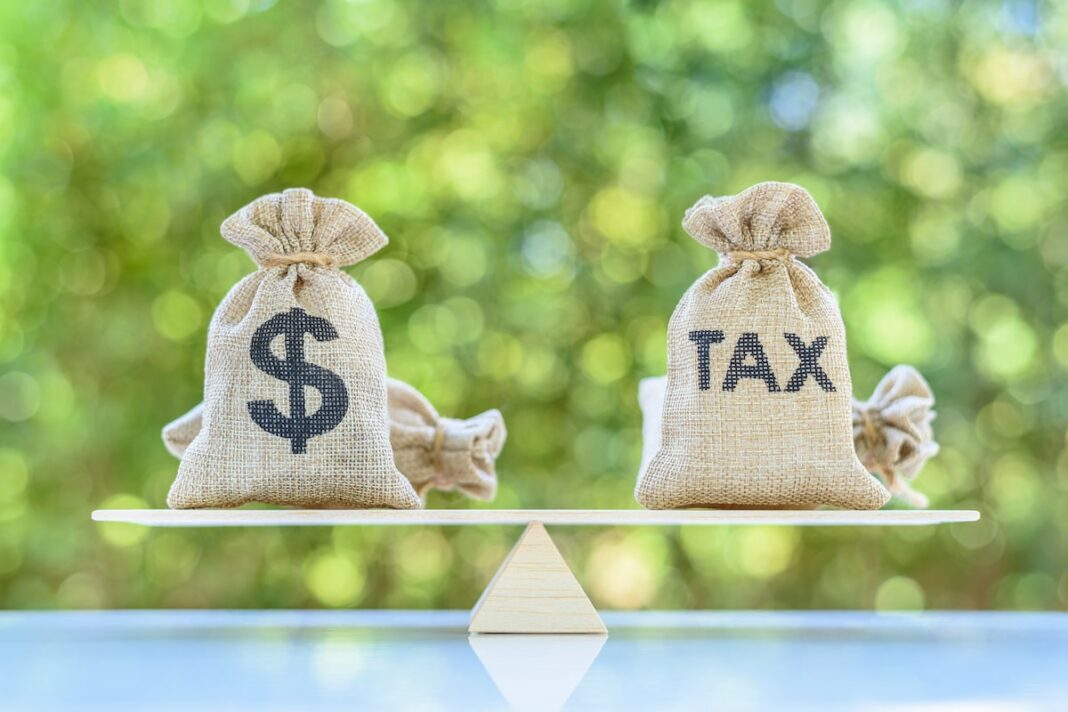Warren Buffet once said: “Do not save what’s left after spending but spend what is left after saving.” This is the “pay yourself first” principle – and it’s good advice. But it’s also important to remember that it’s not what you invest that matters most, but what you keep after taxes. Last week I started a list of year-end tax ideas for investors. Today, I want to finish the topic with more ideas to consider.
Review your asset mix. Now is a good time to consider the asset allocation of your portfolio. Your strategic asset allocation defines the portion of your portfolio held in various asset classes, such as cash, equities, fixed income, and alternative assets such as real estate, infrastructure, private debt and the like. Your strategic allocation should be driven largely by your tolerance for risk, age, and required rate of return. Each asset class has returns that can be treated differently for tax purposes, so if you’re investing outside of a registered plan, you need to think about taxes. Highly-taxed income is best earned in a registered plan where the income is sheltered from tax annually.
Interest and foreign dividends are taxed most highly, while Canadian dividends and capital gains are taxed at lower rates. The first $250,000 of capital gains earned in your personal hands annually are taxed at half the rate of interest income. Personal capital gains over $250,000 annually are now (as of June 25, 2024) taxed at two-thirds the rate of interest. After June 25, 2024, capital gains are taxed at higher rates than Canadian eligible dividends with the exception of those in the highest tax bracket, in which case capital gains are taxed just slightly less than those dividends in most jurisdictions (in New Brunswick, Saskatchewan, Northwest Territories, and Yukon, Canadian eligible dividends are now taxed lower than capital gains at every income level).
Use your TFSA properly. If you have a tax-free savings account (TFSA) you can contribute up to $7,000 for 2024. If you’ve never contributed to a TFSA, you may be able to contribute up to $95,000. Make these contributions before year-end to get your money working for you, tax-free, as soon as possible. If you plan to make a withdrawal from your TFSA soon, you’d be best to make the withdrawal before year-end so that you’ll be able to recontribute those funds as early as January. If you wait until early 2025 to make your withdrawal, you won’t be able to recontribute those funds until 2026.
Make your interest tax-deductible. If you’ve borrowed money, try to make your interest costs deductible for tax purposes. If you borrow for business or investment purposes then you can generally deduct your interest. If you have cash or investments along with non-deductible interest costs, consider using your cash or investments to pay down that debt, then reborrow to replace your cash or investments. This way, you’ll be able to deduct the interest on your new debt. Also, consider paying down your non-deductible debt first.
Delay the sale of winners until 2025. Do you have an investment with an accrued capital gain that you’re thinking of selling? If so, think about delaying that sale until January. By doing this, any tax owing on the capital gain will be realized in 2025, and personal taxes won’t be owing until April 30, 2026, which is the deadline for your 2025 tax return.
Take advantage of a capital gains reserve. If you have the opportunity to sell an asset and take payment over more than one year, you’ll be able to defer the tax on part of your capital gain. The maximum deferral period is generally five years. If the capital gain inclusion rate is reduced in the future (who knows what an election might bring) you may be able to take advantage of that new rate if part of your gains are reported a year when the rate is lower.
Consider donating securities before year-end. If you donate publicly-traded securities or mutual funds to charity, you’ll receive not only a donation receipt for the fair market value of the gift, but any capital gain on the security will be subject to a zero inclusion rate, eliminating the tax on the capital gain to boot.
Transfer losers to a minor child. If you transfer an investment that has declined in value to an account for a minor child before year-end, you’ll be able to claim the capital loss this year, and any capital gain in the future on that investment will be taxable in the hands of the child. Capital gains in an in-trust account like this are not subject to the attribution rules – which will tax interest, dividends, rents or royalties in your hands – if you give assets to a minor.
Tim Cestnick, FCPA, FCA, CPA(IL), CFP, TEP, is an author, and co-founder and CEO of Our Family Office Inc. He can be reached at tim@ourfamilyoffice.ca.


